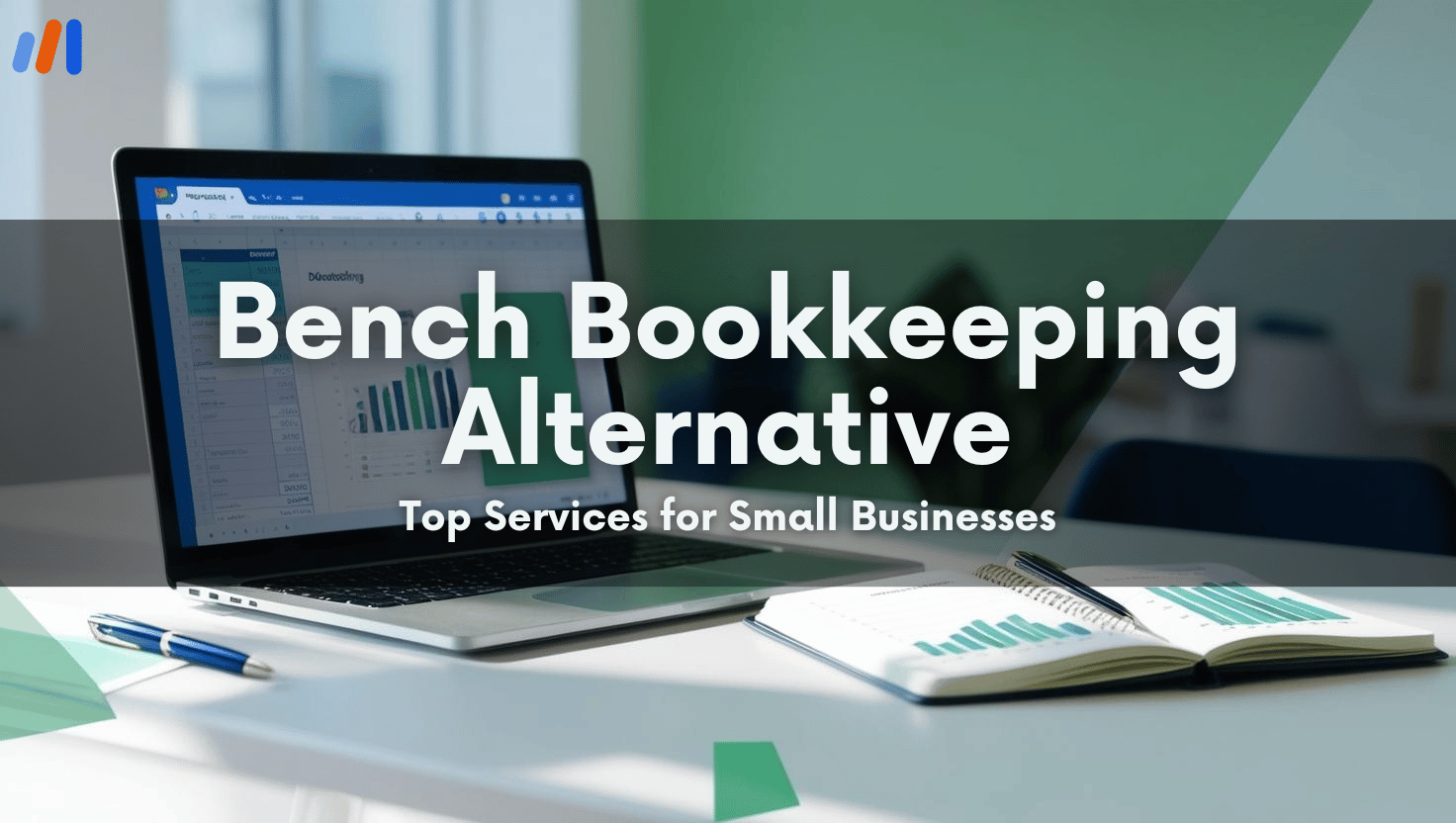The U.S. Distributorship has immense potential for US partners and non-US partners alike while choosing the right company formation is imperative to achieving competitive market share, tax structures, and growth potential.
Additionally, the United States of America has a complex legal and tax system but it makes available to investors and residents free of restrictions a great economic system with enormous markets and business opportunities.
One of the salient features when entering the competitive US market is choosing an entity formation, as it will affect legal responsibility, obligations to pay taxes, and flexibility of operations.
This documentation aims to detail the various business structures for non-US residents while explaining some of the important advantages and disadvantages of each so that you can choose a structure that is best suited for your business and goals in the US market.
1. Limited Liability Company (LLC)
Contrary to the Australian and British models, most Americans intend to establish their foreign firms as LLCs because it is the most common business structure. Because of this, it is easier to establish, has few operational costs, and has limited liabilities. Here are some of the reasons why it is the most favorable form of business to operate in.
✅ Limited Liability Protection: Owners (known as members) are not liable for the debts and obligations of the firm nor any lawsuits filed against the firm. It makes quite an impact on member firms since any legal action taken against the business automatically protects the assets owned by the members.
✅ Pass-Through Taxation: Profits and losses pass through to the members, avoiding double taxation. This feature makes LLCs attractive, as income is only taxed at the individual level.
✅ Operational Flexibility: An LLC permits members to determine what systems or policies they would like to follow to deal with operational profits. This structure is also more flexible concerning both management and ownership percentages.
✅ Ease of Formation: Now, establishing an LLC in states such as Delaware, Wyoming, or Nevada is not difficult at all, as owners are not required to reside in those states. These states have good business laws and protections which are very appealing to foreign entrepreneurs.
✅ International Appeal: Many U.S. states make it easy for foreigners to set up their LLCs without the need to be physically residing or a citizen of the U.S. This can greatly help non-residents who wish to bring their businesses to the U.S. market.
However, some LLCs experience problems with open bank accounts and tax compliance for their non-resident members. In particular, some banks have enhanced due diligence for LLCs owned by non-Americans, particularly regarding withholding taxes and US tax returns filing. Hence, foreign business owners must take appropriate measures regarding banking and the taxation system.
2. Corporation (C-Corp)
Individuals with the intent to gain investors or grow their companies substantially might consider a C Corporation. The structure provides certain benefits, especially in terms of growth, reaching out to the market, and availability of finances:
✅ Separate Legal Entity: The owners are not the same as the corporation, and thus liability is well limited. This structure protects the owner’s funds from the business’s debts and liabilities as well.
✅ Unlimited Growth Potential: C-Corps can issue so many classes of stock that draw the interest of investors, venture capitalists, and even the general public once the corporation can go public. This feature allows businesses with high growth aspirations to scale significantly.
✅ No Residency Requirement: In the case of directors and shareholders, they can be based outside of the United States which allows foreign individuals who wish to branch out into the US market to target US markets.
✅ Access to U.S. Banking and Capital Markets: Banks and other financial institutions that form part of the American capital markets and economy are easy to access and open an account with, C-Corps as it is key and important in running a business in the U.S.
✅ Global Scalability: Because the structure is internationally known and acceptable, it is easy for businesses to shift focus to different countries or raise capital from across the world.
The disadvantage of being an entity that operates as a C-Corp is the issue of double taxation where the tax is levied on the profits made at the corporate level while the distributed dividends to shareholders are also taxed separately at a personal level.
Nonetheless, non-US residents can avoid or lessen this problem with the help of tax treaties between the US and their country of citizenship which would, for instance, help in reducing the withholding tax on dividends. Even with the double taxation issue that needs to be addressed, a C-Corp is the best form for most high-growth companies and those seeking to obtain capital investment.
3. Limited Partnership (LP)
Limited Partnership might suit non-U.S. residents who want a more passive role in U.S. companies. Such structure is frequently utilized in some sectors such as real estate, venture capital, or private equity:
✅ Distinct Roles: A Limited Partnership consists of general partners (who run the business) and limited partners (who make investments but have no control over the business). The business is operated by general partners, while funds are provided by limited partners who receive a portion of the earned profits.
✅ Liability Limitation for Limited Partners: Limited liability means that beyond the amount of money invested in the business, they are not held liable or can be sued for any debts that their business might owe.
✅ Pass-Through Taxation: Like with LLCs, the income of the partners is taxed, which allows earnings to be passed on to the partners without attracting corporate taxes. The earnings of the partnership are pooled, and each partner accounts for his or her share of earnings in their tax returns.
✅ Industry-Specific Benefits: LPs are increasingly attractive in areas like real estate, private equity, and investment funds, where potential investors would like to remain dormant partners and enjoy returns.
Although LPs are less prominent than LLCs or corporations, they are fitting for some business arrangements. The LP structure is appropriate for joint ventures and other projects where considerable funding is required but at the same time, there is a desire to have some operational and flexible capital management options.
4. Sole Proprietorship
In theory, this is still an option, yet for foreign individuals, the existence of certain factors makes it advisable to steer clear of a sole proprietorship:
✅ Unlimited Liability: All debts and business-related legal obligations are the sole responsibility of the owner. So, if there’s a lawsuit or if the business fails, one’s personal property can potentially be at risk.
✅ Limited Credibility: Sole proprietorships have difficulties in the US banks and credibility with relations to US customers, other businesses, and suppliers. This structure is informal and on occasions more trust is not placed in it or fewer partnership opportunities are available.
✅ Simplistic Structure: Pros and Cons Are you interested in starting a business in the United States? Perhaps a Sole Proprietorship sounds appealing to you. After all, what is simpler and less inexpensive than running a business as a one-person show? But beware, this route is likely not for you if you require growth, protection, or scalability.
✅ Tax Complexity for Foreign Owners: Being a foreigner who is a sole proprietor comes with the burden of comprehending U.S. laws, specifically about income and self-employment taxes. This makes sole proprietorships far less appealing than LLCs or corporations.
Key Factors to Consider
For persons who stay outside the US and are looking for the best jurisdiction to set up the company, there are several factors to consider, including:
✅ Tax Implications: Tax Treaties between the United States and your home country would determine how your income shall be taxed. The LLCs and the LPs are considered to be pass-through taxation structures while C-Corps are taxed at the corporate level. If you are a non-resident understanding the reporting and withholding taxes is important.
✅ Compliance Requirements: Several reporting compliances have to be met by different structures and as such there are bound to be different levels of more or less compliance burden. For example, compliance for Corporations is always more as compared to Limited Liability Companies. Other than that, the non-residents also have to comply with the rules of the particular state like annual reports, tax files, annual fees, etc.
✅ Banking and Financial Access: In some instances, it may be easier to establish a C Corporation and open a US business account to get American banking services. Generally, non-residents would be required to have a US address or a Registered Agent for hassle-free banking and company formation structures.
✅ Liability Protection: Make sure that the company that you are going to incorporate has a commercial structure to enable personal assets to be protected. Protection varies from state to state due to different standards of limited liability laws and what is protected exactly also changes with the commercial structure.
✅ Business Goals: Choose the structure as per your objective in the long run. For instance, if you intend to solicit investors or increase the funds, perhaps unless the C-Corp structure is the most desirable. If you are a small businessman aiming for flexibility with ease of administration, then an LLC may be much better.
✅ Ease of Expansion: If you plan to take your business to various states or countries, then go for a structure that is easy to expand and simple to manage and administer in different locations.
How to Form Your Business Entity Structure
✅ Select the State: Foreigners, including owners of LLCs or corporations, tend to favor Idaho, Wyoming, and Nevada due to their low costs, ease of doing business, and no ownership residency laws. Each state has its specific legislation regarding taxation and reporting.
✅ Appoint a Registrational Agent: This is a requirement for all US business entities to receive legal documents. Registered Agent services may provide compliance assistance by making sure your business receives the state’s notices promptly.
✅ Apply for an EIN: To open a US bank and to report taxes, US foreign entrepreneurs must obtain an Employer Identification Number, also called an EIN, as a critical stage.
✅ Open an Account at a U.S. Bank: You must hold a bank account with a U.S. financial institution to carry out business transactions effectively. In this case, you may have to travel to the U.S., or you may have to deal with a financial institution that accepts non-residents.
✅ Understand Visa Requirements: As a non-resident intending to conduct business in the U.S., there could be a need to obtain a business visa or some other permit. It would be best to talk with an immigration attorney to understand these better.
✅ Consult Professionals: Talk to legal, accounting, and tax professionals who understand the U.S. system, recommend solutions, and ensure all the requirements are fulfilled, with no errors.
Easyfiling Can Help You Register Your Business In the USA
To Wrap Up, venturing into the U.S. market has a lot of potential, however, that potential rests on how well you can structure your business to be in line with regulations, tax policies, and growth opportunities.
Whether you opt for an LLC, C-Corp, LP, or another structure, each choice has its own set of benefits and considerations. With the guidance of professionals, like those at Easyfiling, you can navigate the complexities of U.S. business formation with ease.
Using the Easyfiling service means you won’t have to worry about future compliance as they will also help you decide what would be the best state for the formation of your business. They can also assist you with taxation filings and provide support on many matters including U.S. banking.
Book a free consultation today with Easyfiling to register your business in the United States of America.
File Your LLC Today
25$ off with a coupon
Lock in EasyFiling's transparent rates and get lifetime compliance support at no extra cost.
Get Started Now







